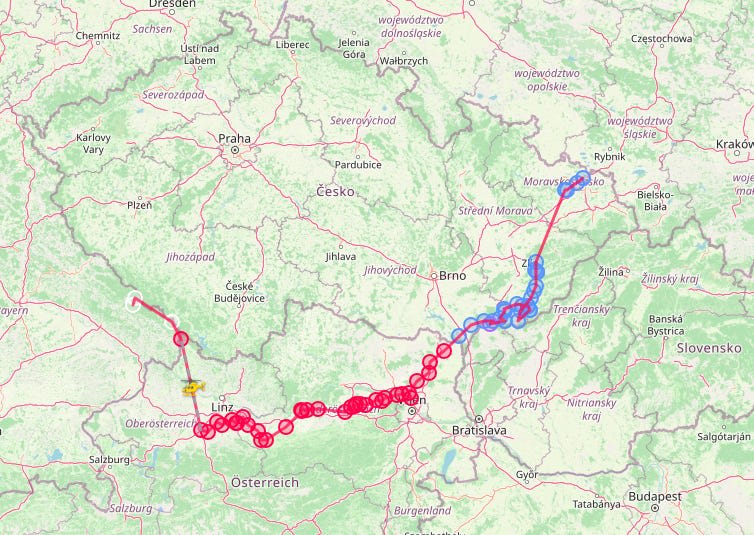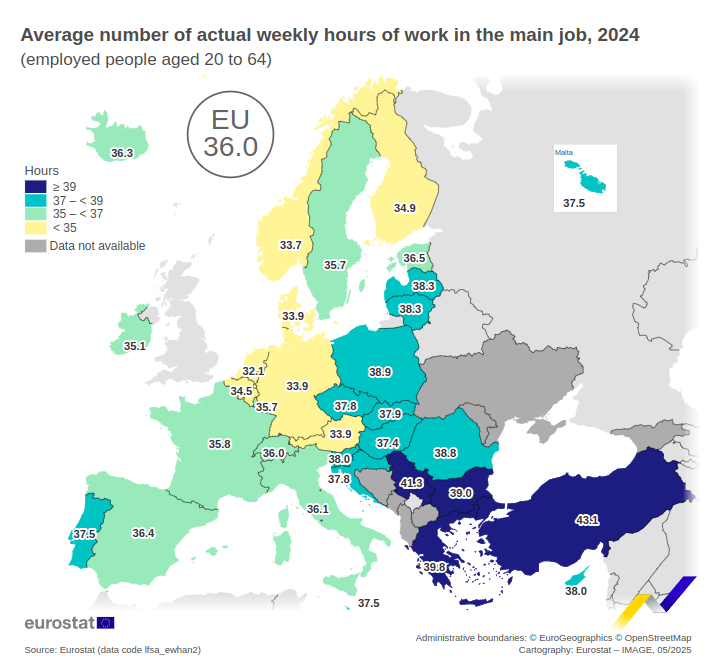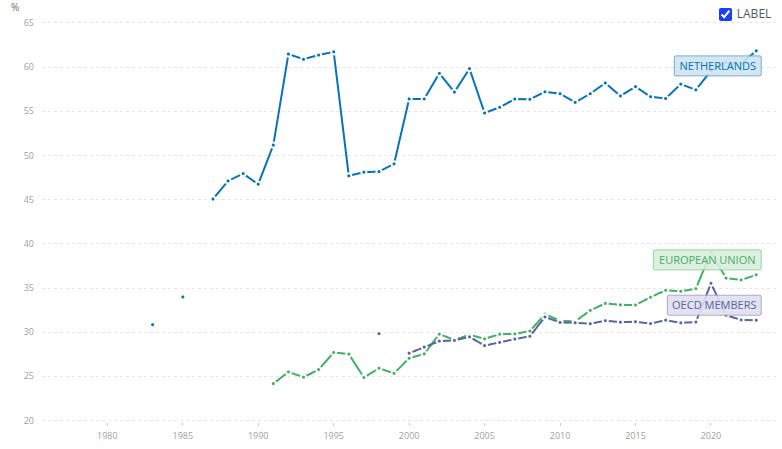Accountability Sinks
This is a cross-post from https://250bpm.substack.com/p/accountability-sinks > Back in the 1990s, ground squirrels were briefly fashionable pets, but their popularity came to an abrupt end after an incident at Schiphol Airport on the outskirts of Amsterdam. In April 1999, a cargo of 440 of the rodents arrived on a KLM flight from Beijing, without the necessary import papers. Because of this, they could not be forwarded on to the customer in Athens. But nobody was able to correct the error and send them back either. What could be done with them? It’s hard to think there wasn’t a better solution than the one that was carried out; faced with the paperwork issue, airport staff threw all 440 squirrels into an industrial shredder. > > [...] > > It turned out that the order to destroy the squirrels had come from the Dutch government’s Department of Agriculture, Environment Management and Fishing. However, KLM’s management, with the benefit of hindsight, said that ‘this order, in this form and without feasible alternatives,* was unethical’. The employees had acted ‘formally correctly’ by obeying the order, but KLM acknowledged that they had made an ‘assessment mistake’ in doing so. The company’s board expressed ‘sincere regret’ for the way things had turned out, and there’s no reason to doubt their sincerity. > > [...] > > In so far as it is possible to reconstruct the reasoning, it was presumed that the destruction of living creatures would be rare, more used as a threat to encourage people to take care over their paperwork rather than something that would happen to hundreds of significantly larger mammals than the newborn chicks for which the shredder had been designed. > > The characterisation of the employees’ decision as an ‘assessment mistake’ is revealing; in retrospect, the only safeguard in this system was the nebulous expectation that the people tasked with disposing of the animals might decide to disobey direct instructions if the consequences of followin
![r/dataisbeautiful - [OC] What do Europeans feel most attached to - their region, their country, or Europe?](https://res.cloudinary.com/lesswrong-2-0/image/upload/f_auto,q_auto/v1/mirroredImages/5i4cMt74E3C39teqi/i8i2i1wdeoyyrggucuxu)








I am with you here. Similar feelings. But we may be underestimating the differences between age cohorts. Here's some data from Eurobarometer (people who can speak English):
... (read more)